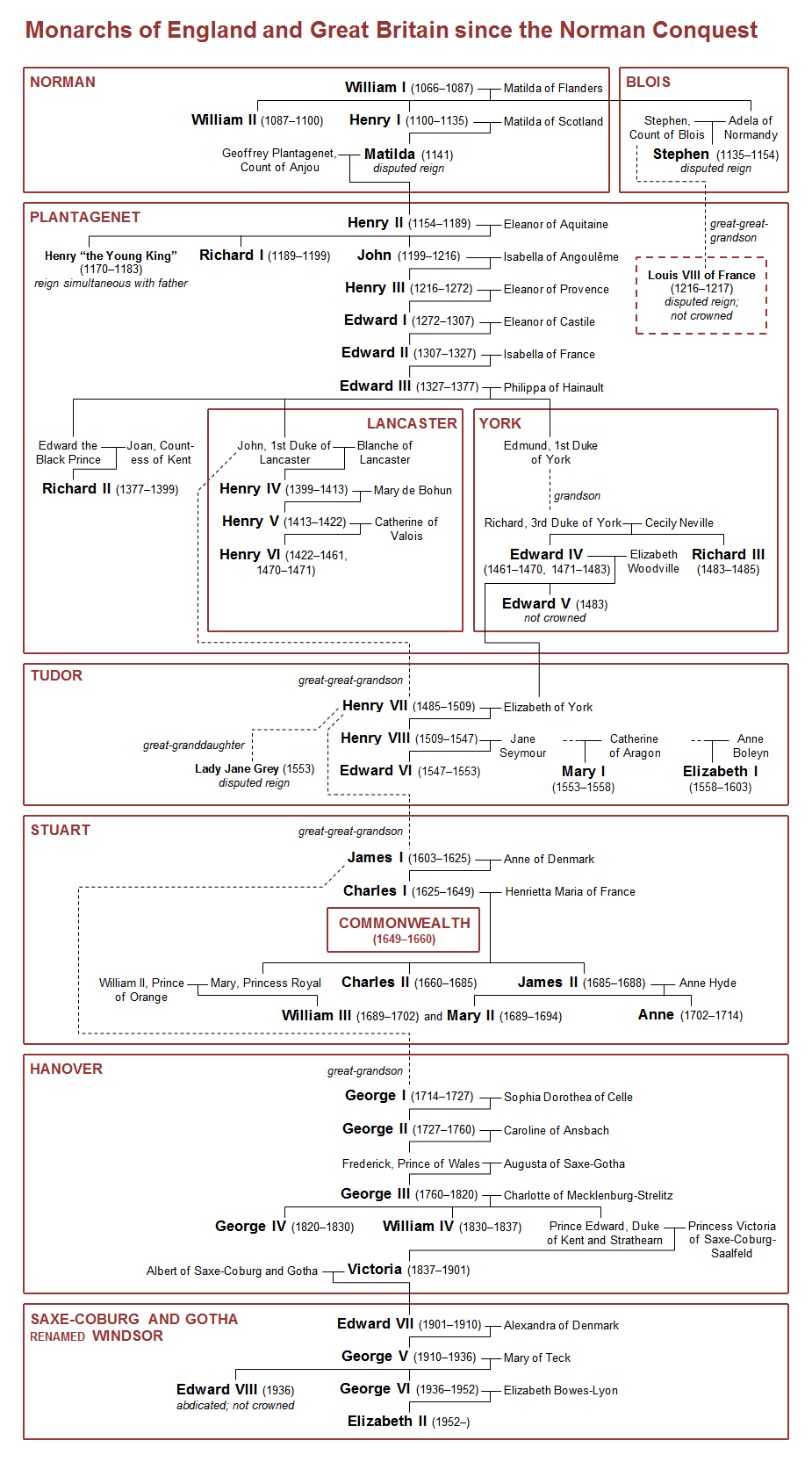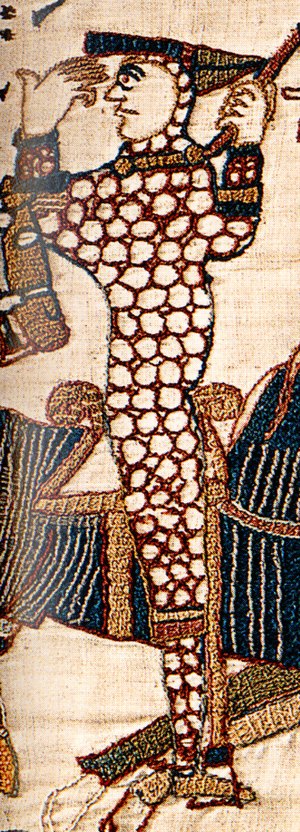The Department of Indian Affairs and Northern Development, or DIAND, is now referred to as Indigenous and Northern Affairs Canada, or INAC. Under the Federal Identity Program, INAC is a department of the Canadian Government in charge of policies relating to the indigenous peoples of Canada. This includes the First Nation, the Inuit and the Métis. INAC's responsibilities and actions are largely determined by careful negotiations and legal action, while fulfilling the government's constitutional obligations in the North. Some of their obligations include, improving social well-being and economic growth, developing healthier more sustainable communities and environments, and to continue to care for the North and its development for the betterment of all Canadians. Through the Government of Canada and the Indian Act, INAC works to provide support to reserves in areas of education, housing, community infrastructure and social prosperity.
For more information visit https://www.aadnc-aandc.gc.ca/eng/1100100010023/1100100010027
Citations
Government of Canada; Indigenous and Northern Affairs Canada; Communications Branch. "About Indigenous and Northern Affairs Canada." N.p.

 The Bill of Rights being presented to William and Mary
The Bill of Rights being presented to William and Mary Louis XIV, 1701
Louis XIV, 1701





 George III in later life, engraving by Henry Meyer.
George III in later life, engraving by Henry Meyer. Richard II, who inherited the throne in 1377 at the age of 10.
Richard II, who inherited the throne in 1377 at the age of 10. William the Conqueror, as depicted on the Bayeux Tapestry
William the Conqueror, as depicted on the Bayeux Tapestry Dutch East India Company Ship, c. 1600
Dutch East India Company Ship, c. 1600 Chamber of the House of Commons, Westminster Palace, London
Chamber of the House of Commons, Westminster Palace, London The House of Lords
The House of Lords
 Dutch East India Trading Company Ship, c. 1600
Dutch East India Trading Company Ship, c. 1600